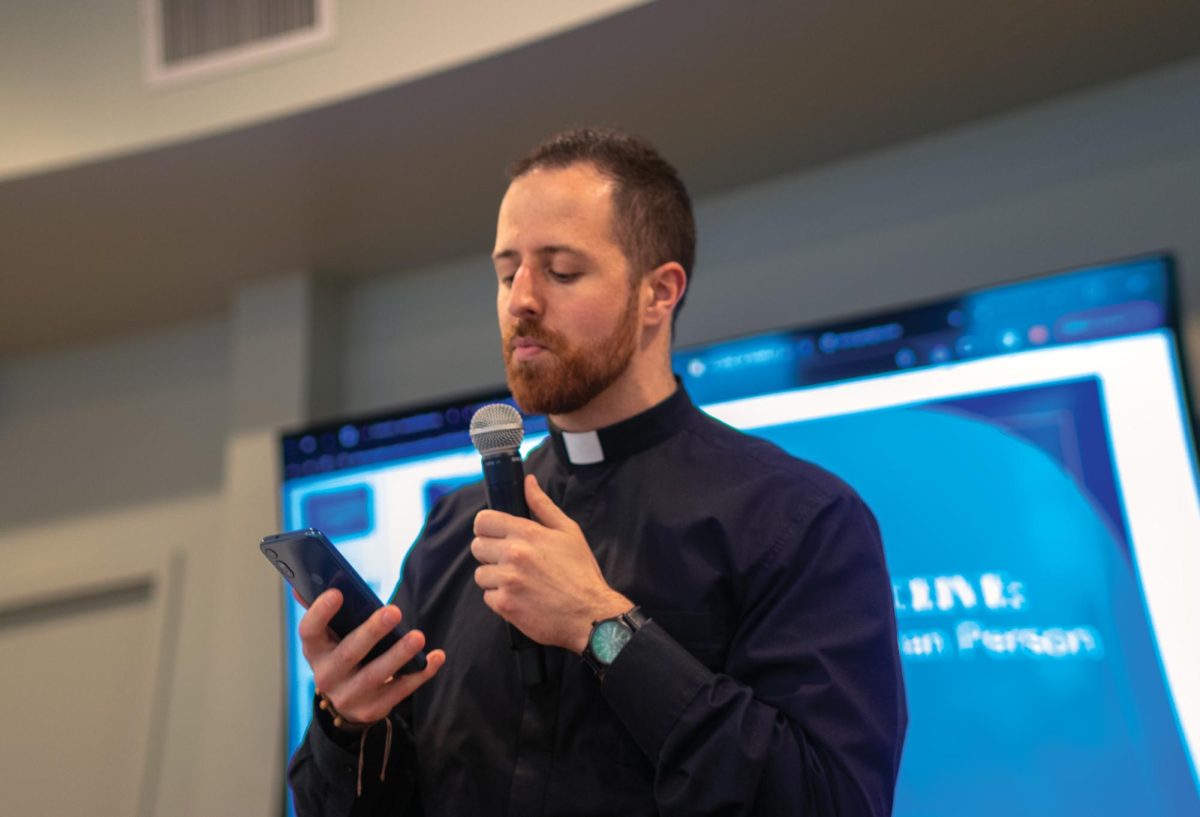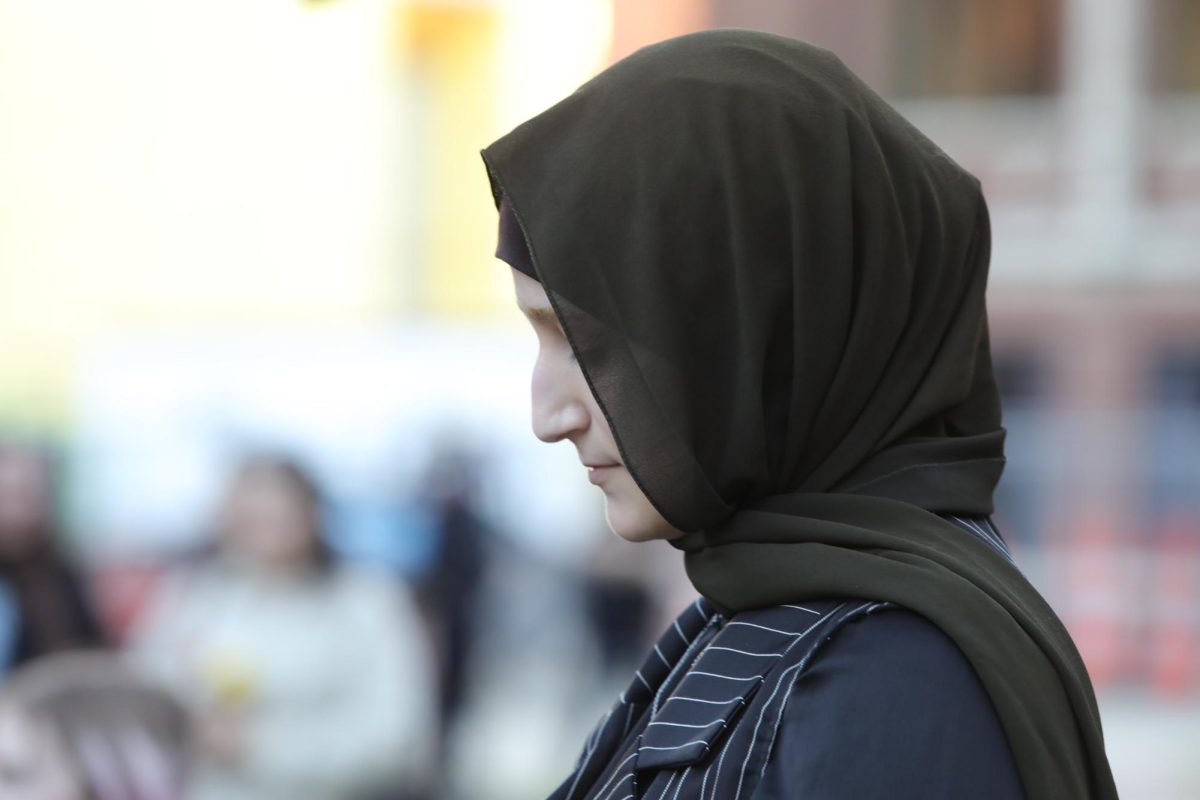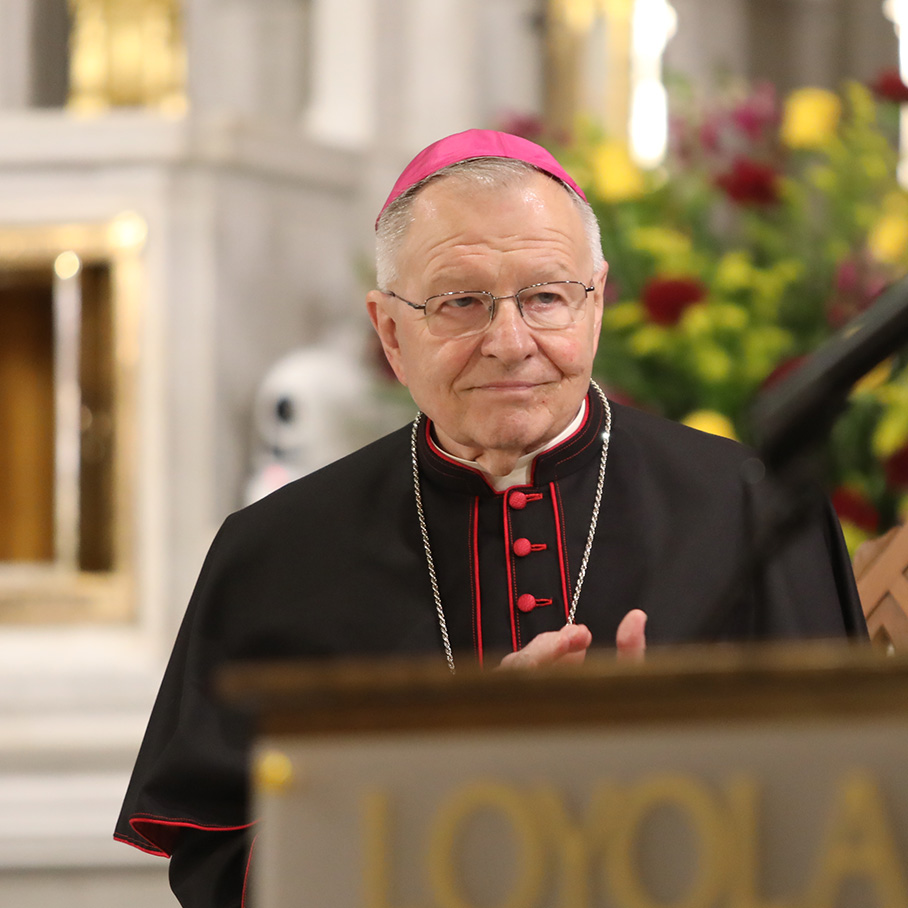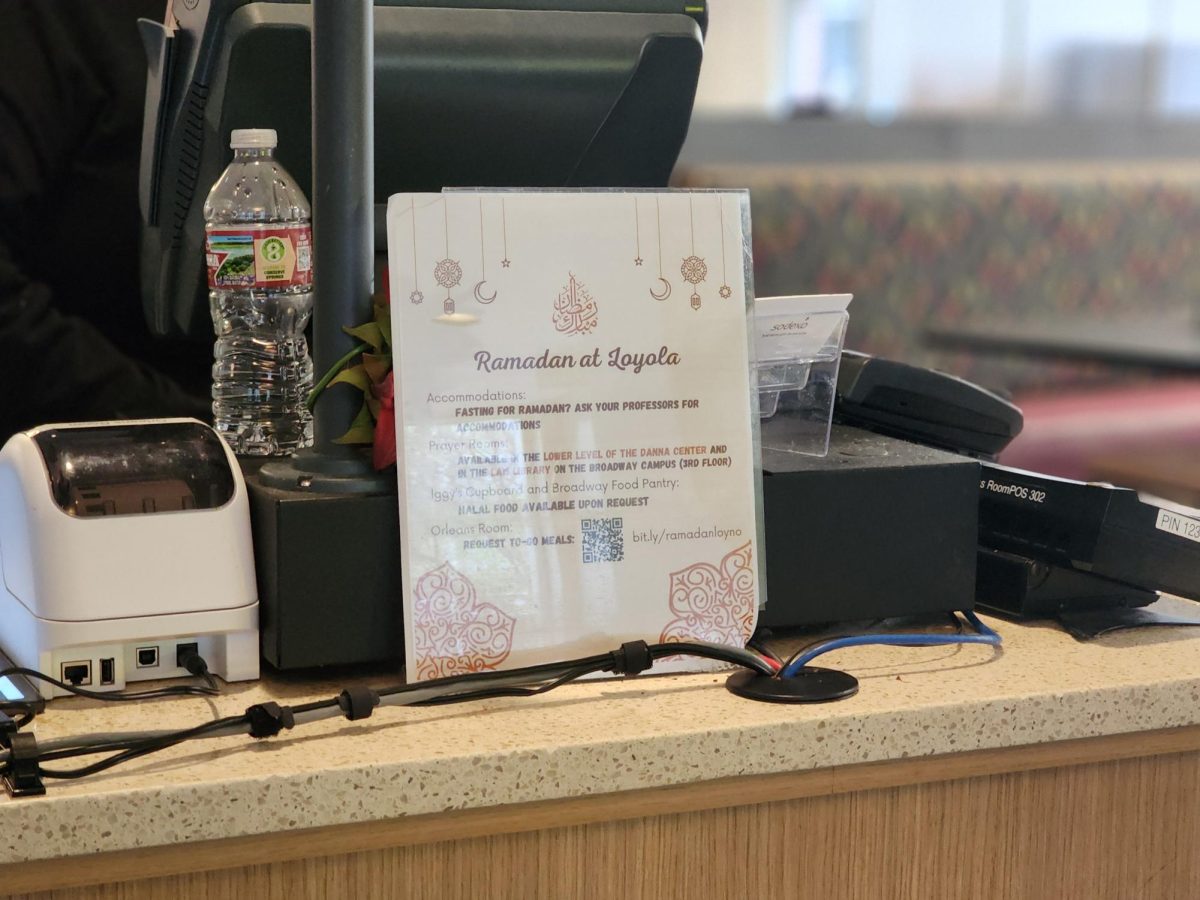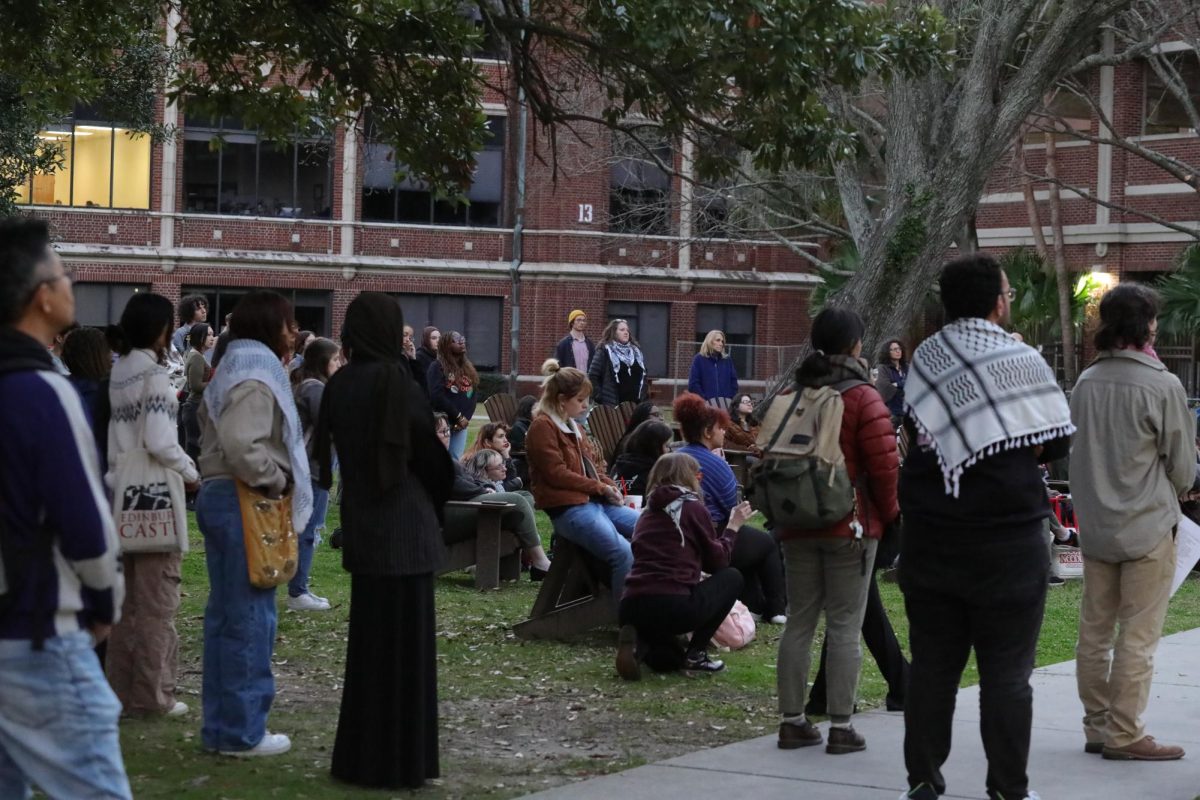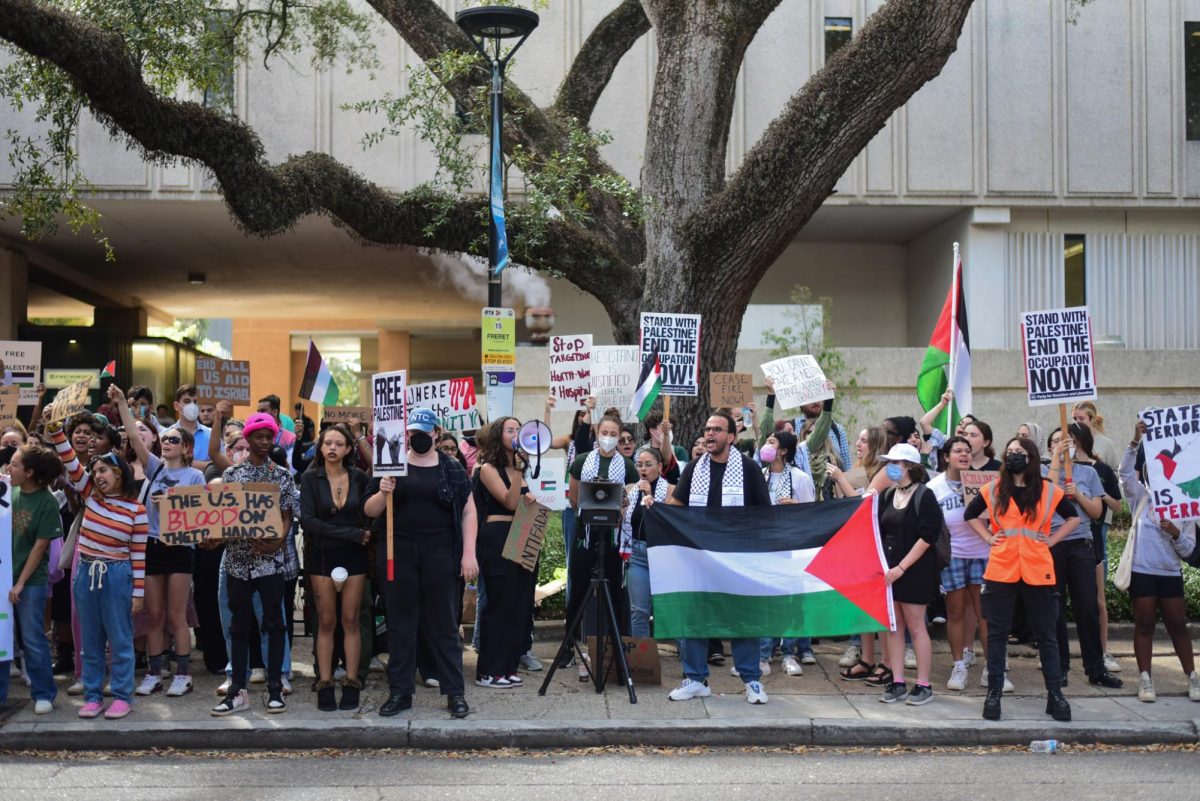College can serve as an experience full of challenge and discovery. One’s faith is no exception, as students encounter and develop new views on religion.
Why the drop in religiosity? Conor Friedersdorf, journalist for The Atlantic Monthly, offers answers in his 2011 article, “Why College Students Are Losing Their Religion.” He said that the decline in religion could relate to students being away from familial pressures for the first time.
“For many of these students, it turns out that their religious behavior was driven more by desire for community or social and parental pressure than by deeply held beliefs,” Friedersdorf said in the article.
For Loyola students, such an experience is no different. Kurt Bindewald, director of University Ministry, said that questioning faith is normal for college students. He said that students learn more in universities and thus have more questions. These questions can signal doubt, leaving students feeling like they have fallen away from their faith, he said.
A Pew Forum study from 2008 found that more than twice as many freshmen frequently attend religious services compared to those who never attend services. However, that number drops significantly by junior year — the study found that 37.5 percent of juniors never attend religious services, while only 25.4 percent frequently attend.
The study also found that almost 75 percent of juniors believe that “most students can grow spiritually without being religious.”
Roy Briggs, marketing freshman, said he has read the Quran, Bible and Torah, as well as Buddhist and Hindu scriptures. He said that he is more spiritual than religious, as religion limited his ability to interpret the text.
“If I wasn’t forced into religion, I would have picked up religious texts much earlier. The pressure that religion applies to understanding scriptures a certain way made me worried about misunderstanding the text,” he said.
Wayne Honnoll, an Information Technology student at Baton Rouge Community College, said that though he did not have a strong faith life when he was younger, he did not start identifying as an atheist until college. Honnoll said he felt that moving away from a Catholic high school fueled his new self-identification.
“Mostly, it was because I wasn’t completely surrounded by it (religion) as we were in high school,” Honnoll said.
However, Bindewald said he feels the step back from religion is not a step back from God. He feels that the faith on Loyola’s campus has never seemed weak. Rather, people may be skeptical of the institution of religion.
“In my experience, students have lots of questions about faith, but they feel they cannot ask questions or know where to ask them,” he said.
A student’s questioning of faith is not an issue. Rather, those questions must lead to more challenges, to go deeper into faith, Bindewald said.
Karl Gommel can be reached at [email protected]





